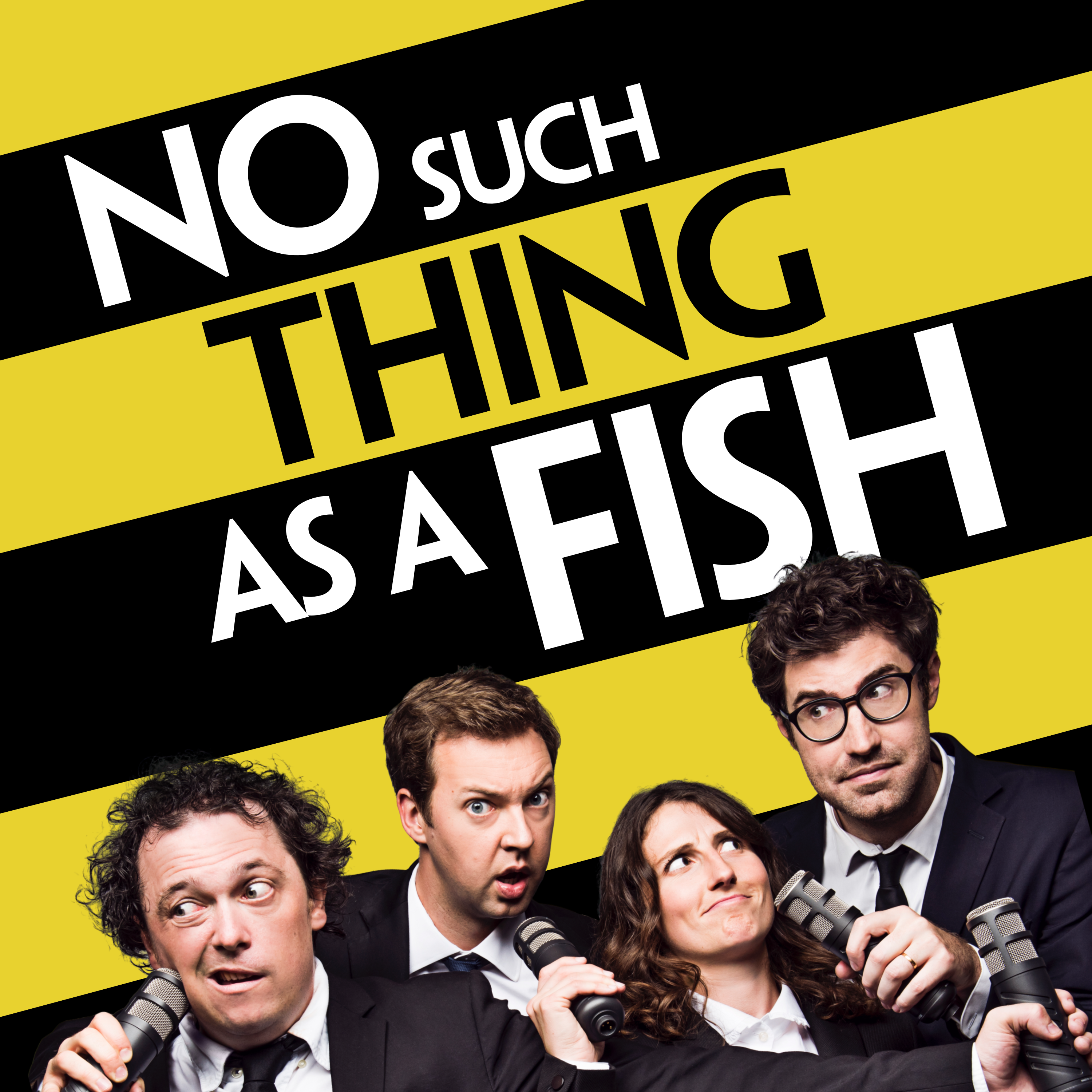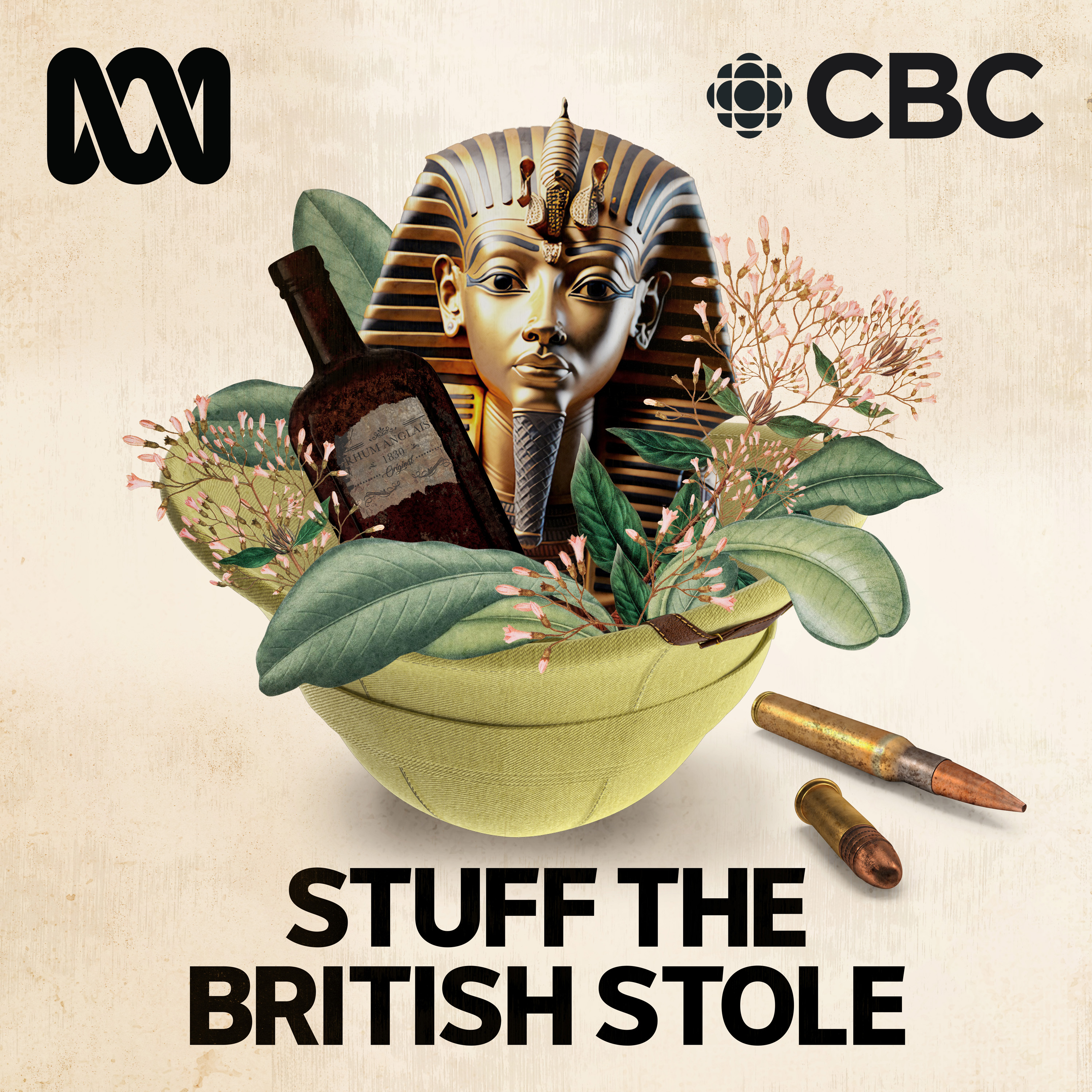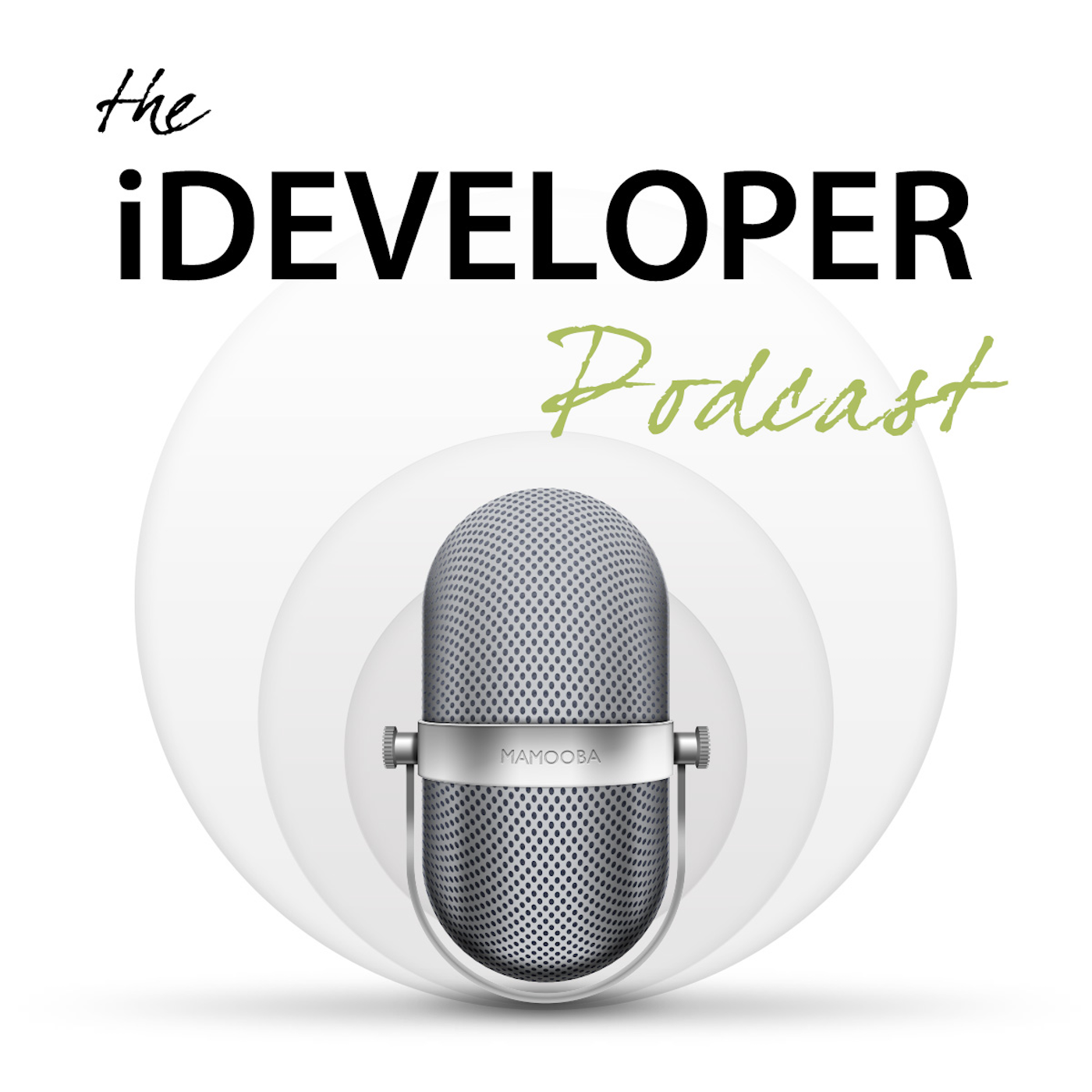
Piano, finally
Piano Finally is a podcast by an old bloke who is learning the piano, finally. I cover the process of learning the piano and music theory as an adult learner. I also review piano books, hardware and other materials from an adult learner's perspective.
Piano, finally
Episode 57 - Reading and Writing
Use Left/Right to seek, Home/End to jump to start or end. Hold shift to jump forward or backward.
🎙 Episode 57 – Reading and Writing
Welcome to Piano, Finally, a podcast about learning the piano—later in life and without the pressure. This week’s episode has been recorded a day early as I head off to the Opera House for another concert in the Sydney Symphony Orchestra’s subscription series—more on that next week.
🎧 The latest episode of the Chopin Podcast focuses on the Polonaises, including one I hadn’t heard before: the Polonaise-Fantaisie, which has quickly become a favourite. Denis Zhdanov’s performance on YouTube is a good place to start—though the double flats in bar four suggest it’ll be a while before I try playing it.
🎭 I also caught Prima Facie at Carriageworks this week—powerfully performed by Sof Forrest in a one-person show. A brilliant actor in a confronting work staged by Black Swan Theatre Company. If you see it advertised, make time—but check the content warnings.
More on the production
📺 YouTube Spotlight – James Shawcross
If you’ve ever wondered what hidden pianos lurk in American thrift shops and antique stores, James Shawcross’s new channel is for you. He plays the pianos as he finds them—no tuning, no touch-ups—just character. His earlier channel, The Piano Forever, also has some lovely playing and thoughtful commentary from a younger James.
📝 Essay – Reading and Writing
This week’s reflection connects two developing skills: improvising and musical literacy. Inspired by Devi’s suggestion, I’ve started experimenting with basic improvisation (hint: two low Cs go a long way). While I’m not composing yet, I’ve realised that music reading feels a lot like early language development—sounding out notes like syllables, slowly growing into musical fluency. If we’ve learned to write entire essays and emails, maybe staff notation isn't so impossible after all.
🎹 Nord Stage 4 Review – Sampling
We wrap up the review of the Nord’s synthesiser section by looking at its sampling capabilities. You can trigger ambient sounds (like thunder and rain for Riders on the Storm), or load full sample libraries of other instruments. The Nord Sample Editor lets you build your own playable samples—imagine turning your mandolin into a Nord patch. Check out Nord’s tutorial here.
🎼 Progress
Still working on Wild Chase by Wynn-Anne Rossi, now officially chosen as my piece for Devi’s September showcase (if I can get it there). Recorded on the Kawai NV10 with the Claire Fazioli f308 virtual piano.
You can contact me:
- via email at david@pianofinally.show; this is probably the best option
- the show website, www.pianofinally.show
- Instagram and Threads @pianofinally
- and on YouTube
- all the podcast directories - list
- here's the RSS feed
Some of the links to books and other items mentioned in the podcast may affiliate links for Amazon or other providers. If you use one of these links, a commission may be paid to me at no additional cost to you. Thank you if you use a link.
All reviews of products, websites and services are unpaid, and no sponsorship has been received for any content on this podcast.



G'day everyone, I'm David Reidy. Welcome to Piano Finally, a podcast by an old bloke who's getting around to learning the piano, finally. Welcome to show 57. Thank you very much for listening. If this is the first time you're hearing the podcast, I hope you enjoy what's in the show. If you're back for another episode, then thanks for returning. If you too are learning a musical instrument, let me know how you're going with it. You can contact me at david@ pianofinally.show. The latest episode of the Chopin podcast is out. This one looks at the Polonaises. As all the previous episodes have been, it's a very comprehensive look at this set of Chopin's compositions. I had heard some of the music before, but one I don't think I had come across was the Polonaise Fantasy, and it has become one of my new favourite pieces. The opening is great, and one of those pieces I would eventually like to play. Eventually, it's likely to be a long time. I looked at the score, and the fourth bar has double flats in it. I'll include a performance by Denis Zdanov in the show notes. I got to the theatre again during the week, this time to see Prima Face at Carriageworks. Prima Face is a one-person play with Soph Forrest in the only role. It's a powerful play and Soph's performance was remarkable. This performance was staged by the Black Swan Theatre Company and if you get a chance to see it then I certainly would with one reservation. The material explored in the play is quite confronting so it is often presented with content warnings and appropriate support. Check out those resources before booking. And keep an eye out for Soph Forrest. They are a formidable actor. This week's YouTube recommendation is for a new channel from a YouTube creator who has been in the business for a fair while. In his new channel, James Shawcross makes videos about pianos, Pianos he finds in interesting places. I've caught up with his latest few videos, and they are really entertaining. I'm not sure exactly where in the United States James is, but his latest video is from Elizabethton, Tennessee, so I'm guessing it's somewhere near there. James seems to be haunting antique shops and thrift stores, the sorts of places that second-hand pianos turn up, and as a result, he has found some interesting instruments to feature. James has been playing piano for a while, more about that in a minute, so he's quite adept at demonstrating the instruments he has found. But James isn't like the piano doctor. He's not a piano technician or tuner, so he plays the pianos as he finds them, out of tune and in disrepair. Usually, they still don't sound too bad. In one of his recent videos, James finds a square piano in an antique store in Lexington. In the video, he explains the history of this type of piano and why it has effectively disappeared in favor of upright and grand pianos. I learned a lot and was entertained. James's videos are well produced, and this is not surprising. James has been making YouTube content for 17 years. James's previous channel was called The Piano Forever, and it features a lot of content of James playing pieces and explaining instruments. It's an interesting take from a much younger James I'll include links to both of James' channels in the show notes They are both well worth watching Reading and writing I reported last week that in her message to me about the upcoming term Debbie mentioned that she thought I should try some improvising As a result, I've been watching some videos on the topic very basic ones obviously with the hope of getting some ideas. I've sort of found that this is another one of those skills where you're not going to make any progress unless you actually do it. The videos have some ideas but clearly if you're getting them from someone else then it's not really improvising. The video by Zati Music I reviewed a few weeks ago has given me some ideas especially as I found that I do a much better job of improvising when I've got a good starting point. even just a pair of C's an octave apart with my left hand makes it easier to do something with my right no doubt Debbie will have some much better techniques when we get back to lessons next week but the little I've been doing has convinced me that this is not as difficult as I originally thought it would be I also have access to the material Bill Hilton makes available to his Patreon supporters so I'll print some of that out and take it along to my lessons to see if Debbie agrees. I'm looking forward to this new phase of learning things, especially now that I know it's something that is possible. You may even hear something a little later in the episode when I'm demonstrating the Nord sample. I'm not sure yet, I haven't got that far in the recording. Improvising is, by its very nature, ephemeral, so this got me thinking again about last week's essay topic, recording your playing. This has to be more important, as a recording may be the record of what you come up with and you never know you may come up with something really good for the moment I will have to record I will probably use MIDI rather than audio because if I do come up with something worth keeping I can turn MIDI into printed notation using Cubase and Dorico now I suppose there are people who can improvise straight onto paper or into a notation program but I'm certainly not one of them if I think about what I'm doing right now I'm writing without having already spoken the words and recorded them. Then I suppose that improvising straight into musical staves is a similar process. But I have had many years of practice with the whole writing thing. But getting there was a process that took a few years. I'm not sure when I started talking, but I know that by the time I was five I could read. In other words, I could take the marks on paper and turn them into words in my head. At the same time, I learned to make the marks myself. Now when I write, I just do it. The marks on the screen and the words in my head just match up. If I compare that with where I am in working with music notation, I'm still at the very beginning. I can recognize the marks on the score and can sound them out by playing the note on the piano. It's sort of like being at the reading stage where you sound out each letter to make the word. The next step is to see the marking and hear the note in my head without needing a keyboard, the equivalent of reading silently. I'm not there yet, but I have noticed that I've got better at following along with the score when listening to music, sort of like reading along the printed words with someone else reading out loud. Realising that I have gone from individual marks on paper to competently being able to write prose in a number of languages means that I can do it again, but this time with musical notation. It took me a few years the last time, and I expect it will take a few years this time too. But it is no longer something that seems unattainable. I'm still working on understanding FM synthesis, so I'll look at the third part of the Nord's synthesis engine this week, the samples. Sampling can be complex, and there are a lot of different options when it comes to using samples in your music. In addition to the keyboard itself, Nord provides a sample editor for Mac and Windows PCs, so you can create and manipulate your own samples. I'm not going to cover how that works, but I will put a link in the show notes to Nord's own YouTube tutorial. There are a couple of different ways to use samples in the Nord. The simplest way is to simply play back a pre-recorded sound. The package I have from My Keys to Music for Riders on the Storm includes two recordings of rain and thunder. for the iconic sounds that run in the background of that music. The sounds are assigned to two keys at the base end of the keyboard and with the keyboard hold assigned to them they will continue to play once they're triggered. The other way of using samples is as tuned notes that can be played like any other notes on the keyboard. Using samples in this way vastly expands the type of musical sounds the keyboard can produce. The Stage 4 comes with quite a few instruments already installed from the Nord sample library. These include almost an entire orchestra, some accordions, guitars and basses, and additional pianos
David Reidy: and organs. Here's just a small selection:a string quintet,
David Reidy:some clarinets, a flute, a cathedral organ, some bells, and even a full orchestra. You can even pluck a guitar. There are also some choirs. And of course with the sample editor you can add many more instruments if you want them. If you have a favourite mandolin then it is possible to record a set of notes with it and then turn that into a set of samples. It's a fairly straightforward process, and Nord, as I said, has a YouTube tutorial that takes you through the process of using their sound editor. You really can turn yourself into a one-person band. The possibilities are endless. Although this episode is being released at the normal time on Sunday evening, I actually recorded it on Saturday. On Sunday I will once again be heading to the Opera House for another concert in my Sydney Symphony Orchestra subscription series. This week's concert is titled Ravel and Fala. It features the music of both composers and has been put together to celebrate Ravel's 150th birthday. There are four works in the concert but I only know one of them, Ravel's Bolero and that via Dudley Moore. Suitably the chief conductor of the Melbourne Symphony Orchestra, James Martin, who is Spanish, will be in charge. I'll let you know next week if I've discovered some new favourite music. If you'd like to contact me, email is the best way. You'll find me at david at pianofinally.show and the website at www.pianofinally.show. In both cases, pianofinally is all one word. The show is also on Spotify and available as audio only on YouTube. You can subscribe via any popular iOS or Android podcast application or from directories such as Apple Podcasts, Spotify or YouTube. I also post an excerpt and link each episode as an Instagram Reel. If you're learning an instrument, let me know where you are in your journey. What's going well and what are the challenges? How are you managing your time? So, until next week, I hope your piano stays in tune and you enjoy your time at the keys. This week I've included Wyn Ann Rossi's Wild Chase as the piece I am working on. With the date now set for Debbie's showcase concert, I've decided that this is the piece I want to perform, if I can get it up to the required level. I'll be keeping pieces like Blackout Blues in reserve, but I think I can manage Wild Chase. At the moment, I'm only practicing the first page. This is the first multi-page piece I have tried, so at the moment, I'm not turning to the last few bars. They're mostly a repeat of the opening bars in any case. The piece was recorded using the Kawaii NV10 as the keyboard, and Native Instruments Clare piano on an M4 Pro Mac Mini, emulating a Fatsioli F308 piano.
Podcasts we love
Check out these other fine podcasts recommended by us, not an algorithm.

Connected
Relay
Upgrade
Relay
No Such Thing As A Fish
No Such Thing As A Fish
We Can Be Weirdos
Global
Stuff The British Stole
ABC and CBC
The iDeveloper Podcast
Steve Scott (Scotty) & John FoxRaven On: A Pop Culture Podcast
Natalie Bochenski & Stuart Layt
Smart Enough to Know Better
Dan Beeston & Greg Wah
TopMusic Piano Podcast
Tim Topham
The Chopin Podcast
Garrick Ohlsson and Ben Laude
